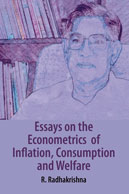New Releases...
Download Catalogue...
Download Excel Data
Download PDF Catalogue
You will get a Excel file with detail about catalogue.
You will get PDF file with detail about catalogue.
Detailed info...

Hard-cover • 2014
Pages: 514
ISBN: 9789332701649
INR 1495
+ Add to Cart
Publisher:
Academic Foundation
Adjusting to Global Economic Volatility
The Case of South Asia
Mustafa K. Mujeri‚ Wahiduddin Mahmud (Eds.)
In association with South Asia Network of Economic Research Institutes
About the Book
<p>In South Asia, the impact of global economic vulnerability has been felt mainly through finance, trade and investment channels affecting the performance of the real economy. The slowdown in growth of exports and remittances, and other associated changes in the domestic economies have resulted in lower growth. This has also had social implications through changes in household income, intra-household decisions and resource allocations creating adverse impact on food security, nutrition, education, health care as well as poverty dynamics and its intergenerational transmission.</p>
<p> </p>
<p><em>Adjusting to Global Economic Volatility: The Case of South Asia</em> attempts to answer three questions: a) How has South Asia been coping with the impacts of global economic vulnerability? b) What has determined the differential impact of various sectors to global economic and financial crisis? c) What demand- and supply-side bottlenecks need to be eased to meet the challenges of global vulnerability and how regional cooperation can help the countries going forward?</p>
<p> </p>
<p>Meeting the global volatility challenges calls for a reform agenda that cuts across both domestic economies as well as the framework for regional cooperation. It must also be recognised that regional cooperation is not easy, and implementation of required actions is frequently weak in South Asian countries having diverse backgrounds. Furthermore, effective regional cooperation and integration takes time to develop and requires incremental, gradual and flexible implementation with visible payoffs. Successful cooperation requires leadership. Development of regional resources can be one of the important areas to make progress, which creates opportunities for win-win outcomes and equitable sharing of benefits among all partners.</p>
Praise for this book
“An interesting and informative collection of essays on South Asian economies by a range of contributors with high academic reputation, the volume contains interesting analysis and excellent material on a variety of subjects from financial crisis to overseas workers’ remittances, from climate change to trade in health care services. The book has relevance much beyond South Asia for countries at a similar stage of development and is warmly recommended to anyone interested in development problems and policies.”
— M.G. Quibria
Professor of Economics, Morgan State University, Baltimore, Maryland, USA.
About the Author(s) / Editor(s)
<p><strong>Mustafa K. Mujeri</strong> is the Director-General of the Bangladesh Institute of Development Studies (BIDS), and Coordinator of the SANEI, the South Asian regional arm of the Global Development Network. He obtained his PhD in Economics from McMaster University in Canada.</p>
<p> </p>
<p>Before joining BIDS, he served as the Chief Economist of the Bangladesh Bank (country’s central bank), and United Nations Development Programme Advisor in Cambodia. Dr Mujeri has extensive research experience in different areas of economics, especially in development economics, poverty and macro policy analysis, and application of modelling and quantitative techniques in development issues.</p>
<p> </p>
<p><strong>Wahiduddin Mahmud</strong> (PhD in economics, Cambridge University, 1978) has recently retired as professor of economics at Dhaka University. He is currently a member of the UN Committee for Development Policy (UN CDP), and a Country Advisor to International Growth Centre at the London School of Economics. He is a founder and former Chairman of PKSF, the apex microfinance funding institution in Bangladesh. His books include: Adjustment and Beyond: The Reform Experience in South Asia, Handbook on the South Asian Economies, Seasonality of Hunger and Public Policies and The Theory and Practice of Microcredit (forthcoming).</p>
Contributors
<p>Nisha Arunatilake </p>
<p> </p>
<p>Bhuban B. Bajracharya</p>
<p> </p>
<p>Arindam Banik</p>
<p> </p>
<p>Pradip K. Bhaumik</p>
<p> </p>
<p>Nimai Das </p>
<p> </p>
<p>Namrata Ghosh</p>
<p> </p>
<p>Naved Hamid</p>
<p> </p>
<p>Noorulain Hanif </p>
<p> </p>
<p>Monzur Hossain </p>
<p> </p>
<p>Sheikh Md. Monzurul Huq</p>
<p> </p>
<p>Yasin Janjua </p>
<p> </p>
<p>Suwendrani Jayaratne</p>
<p> </p>
<p>Priyanka Jayawardena</p>
<p> </p>
<p>Roshini Jayaweera</p>
<p> </p>
<p>Saibal Kar</p>
<p> </p>
<p>Mahreen Mahmud </p>
<p> </p>
<p>Minhaj Mahmud </p>
<p> </p>
<p>Sadia Mariam Malik</p>
<p> </p>
<p>D. Narayana</p>
<p> </p>
<p>Krishna Prasad Pant</p>
<p> </p>
<p>Maliha Quddus</p>
<p> </p>
<p>Farhana Rafiq </p>
<p> </p>
<p>S. Irudaya Rajan</p>
<p> </p>
<p>Partha Pratim Sahu</p>
<p> </p>
<p>Safdar Sohail</p>
<p> </p>
<p>Syed Naimul Wadood</p>
<p> </p>
<p>Dushni Weerakoon</p>
Print Brochure...
Print as it is
Customised brochure
You will get a printout of what you see on your screen under 'Detailed Info'(Uneditable).
You will have the opportunity to edit the text and adjust the extent to fit on A4 size sheet or more accordingly as you desire. Plus, you can download the edited/customised Brochure or simply print it (CTRL + P).


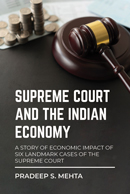



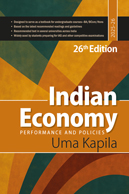
-web-194.jpg)
-front.jpg)
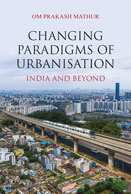





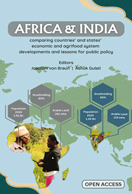
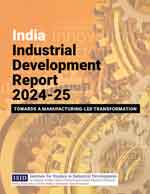
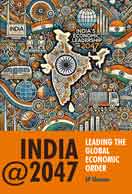
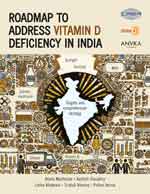
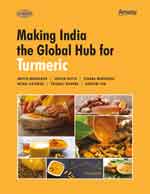
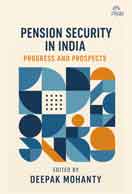
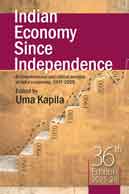

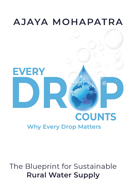
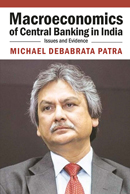

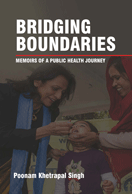

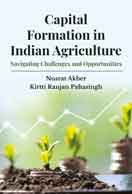











-COVER-web-194.jpg)





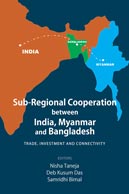






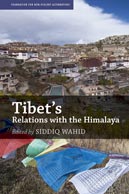
















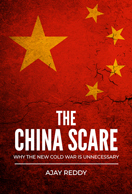
.jpg)






